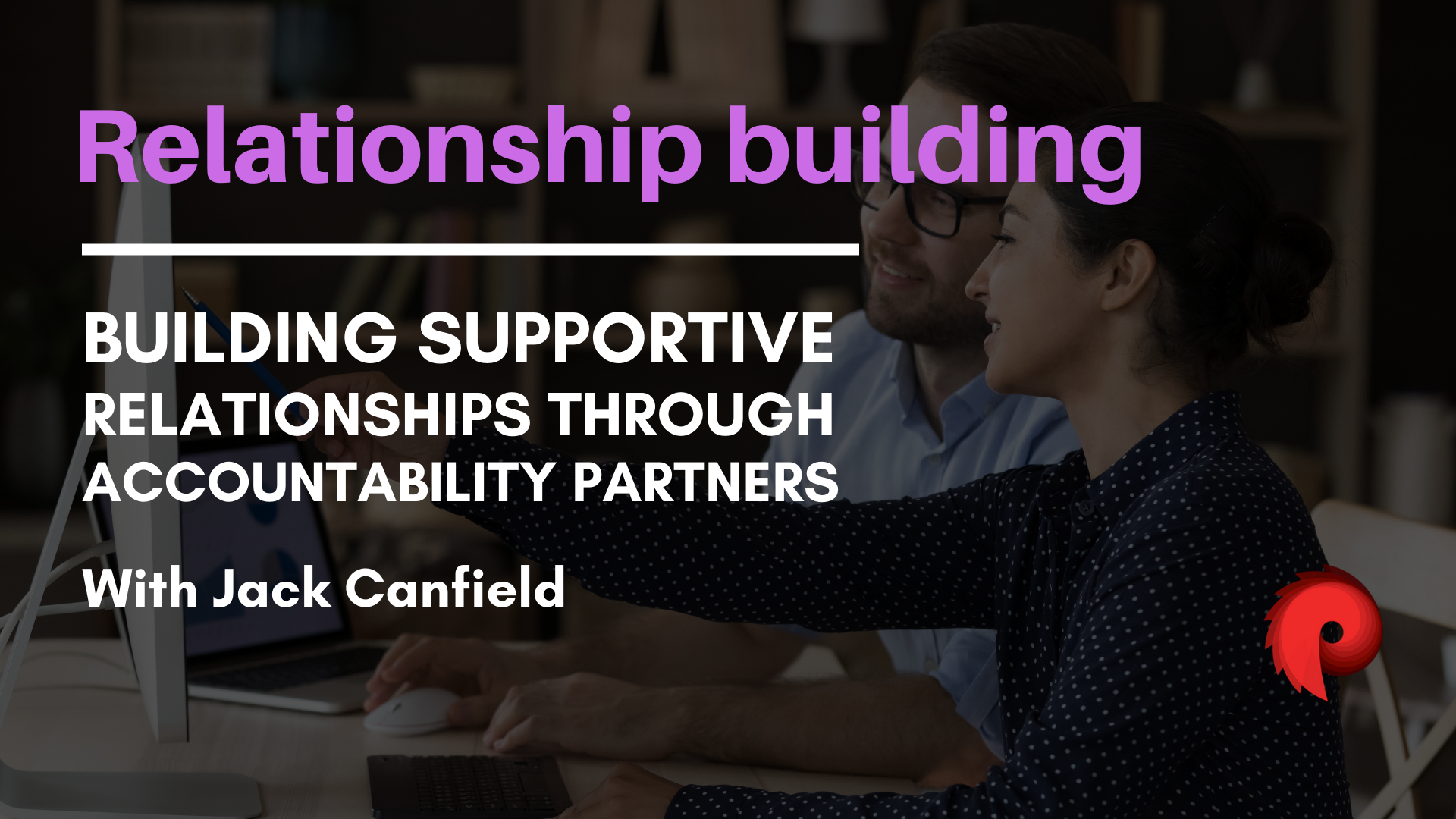 Dublin, London, New York
Dublin, London, New York
 Dublin, London, New York
Dublin, London, New York

If you want to be more successful, one of the most vital actions you can take is to build supportive relationships to identify an accountability partner.
Accountability partners hold us responsible for meeting deadlines, accomplishing goals and making progress. They are a powerful combination of cheerleader and coach who make it easier to achieve our goals – and have more fun along the way.
How Accountability Relationships Work
When you enter into a relationship with an accountability partner, you agree to hold each other’s feet to the fire. Talking on a regular basis is essential for maintaining momentum and making steady progress toward your respective goals.
Ideally, you should check in with your accountability partner every day with a five-minute call. During these brief conversations, you’ll each state your goals for the day, as well as update your partner about whether or not you kept the commitments you made the previous day. Your partner will take notes about what you commit to achieving by day’s end and will ask you about them the following day.
Once a week or every other week, schedule a longer call with your partner so that you can provide a deeper level of support to each other. Use the time to get your partner’s input on a challenge you are facing, brainstorm ways to achieve a particular goal you’ve set, or tap into your partner’s network of resources. Many accountability partners find that the Mastermind meeting structure outlined in Principle 46 of The Success Principles works well for their longer calls.
4 Most Essential Traits of a Good Accountability Partner
When evaluating potential accountability partners, look for someone who:
Questions to Ask a Potential Partner
When you find someone with whom you would like to partner, have an honest conversation about what you each want from the relationship. The more candid you are about what you need and what challenges have prevented you from achieving goals in the past, the better equipped your partner will be to support you. Here are a few questions to discuss with your partner at the start of your relationship:
Working with an accountability partner is similar to climbing a mountain range with a buddy. They help to hold a vision of the summit when we are in dark valleys. They encourage us when we get tired and feel like quitting. And they celebrate our successes when we achieve a new peak. It may be possible to make the climb alone, but it’s far easier and more enjoyable with someone by your side.
Jack Canfield, America’s #1 Success Coach, who spoke at Pendulum Summit Dublin and New York, is founder of the billion-dollar book brand Chicken Soup for the Soul® and a leading authority on Peak Performance and Life Success.